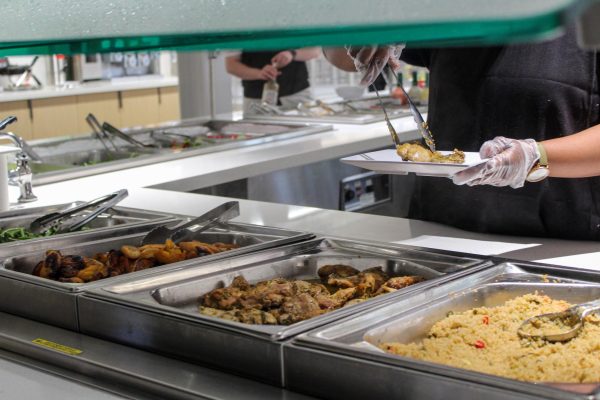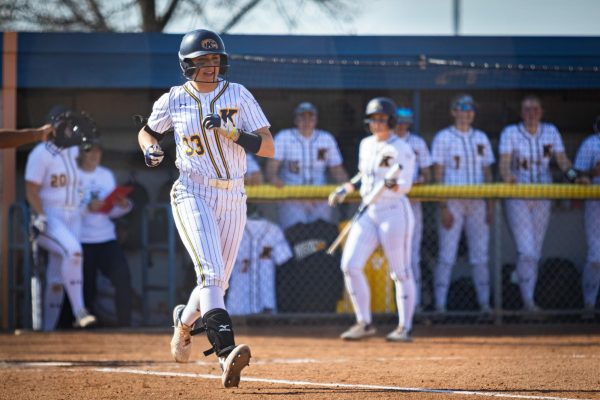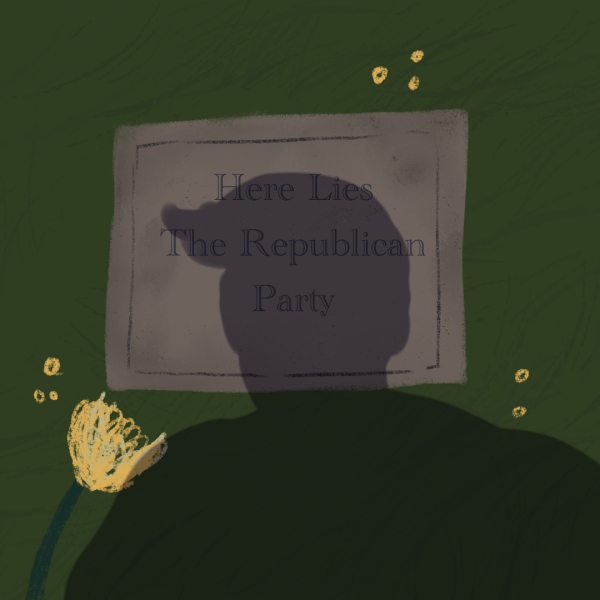Rosh Hashana opens High holidays
October 4, 2005
Hillel hosts sundown dinner and service for Jewish students, community members
Students at Hillel prepare for their Rosh Hashana meal at sundown yesterday. The challah bread in the foreground is a standard at meals and holidays; however, for Rosh Hashana the bread is circular instead of braided to symbolize the new year.
Credit: Jason Hall
A checklist of Hillel members has the title Rosh Hashana on it while students enjoy yesterday evening’s dinner.
Credit: Jason Hall
The gates of heaven open today.
At the sounding of the shofar, or ram’s horn, the Jewish high holidays will commence with a 10-day period of introspection and renewal for Jewish people around the world.
Celebration began last night with a Rosh Hashana dinner at Hillel.
Rosh Hashana, the Jewish new year, is a two-day period of celebration leading into next week’s more solemn Yom Kippur, the Jewish Day of Atonement.
“Rosh Hashana is a milestone through which you can look back a year ago and look a year ahead and figure out who you want to be,” Hillel’s Assistant Director Mike Levinstein said. “The best part of being human is free will – the will to improve ourselves and be better people.”
Rabbi David Singer officiated the Rosh Hashana services yesterday and also will officiate today’s services.
“The themes of the services are about God’s majesty and our littleness,” Singer said.
Last night’s service focused on the story of Isaac, who was nearly sacrificed by his father Abraham as a test of faith but was rescued by God at the last minute.
Singer said Rosh Hashana differs from the traditional new year in that the emphasis is not on the beginning or ending of a specific year, but on personal and spiritual rebirth and growing closer to God.
“It’s a time for us to take an introspective look at ourselves,” he said.
Daniel Rubin, sophomore justice studies major, said Rosh Hashana is a time for him to begin anew.
“It’s the start of a new year, a new slate, new things to look forward to,” he said.
During the Jewish high holidays as well as during any weekly Jewish Shabbat, or Sabbath, Jews refrain from using any form of transportation or doing any sort of work. Singer defined “work” as “anything that involves creating or destroying. We don’t cook, build, drive – every Shabbat we rest,” Singer said.
On the high holidays, cooking is one exception to this rule. Yesterday’s dinner consisted of several traditional Jewish foods, specifically apples and honey, which symbolize sweet beginnings to a new year.
Besides blowing the shofar and eating apples, honey and a type of bread called challah, many Jews participate in a tradition called Tashlich.
“Tomorrow afternoon we have Tashlich, which is when we throw bread crumbs into a body of water,” Singer said. Hillel will host Tashlich this afternoon in a gathering at the Cuyahoga River. This practice symbolizes the removal of sins, Singer said.
With a clean slate, Jews use Rosh Hashana as an opportunity to set goals for the future.
“I look forward to the upcoming year – what I want to do better, what I want to achieve and happiness in general,” junior accounting major Aaron Street said.
Contact religion reporter Abbey Stirgwolt at [email protected].























